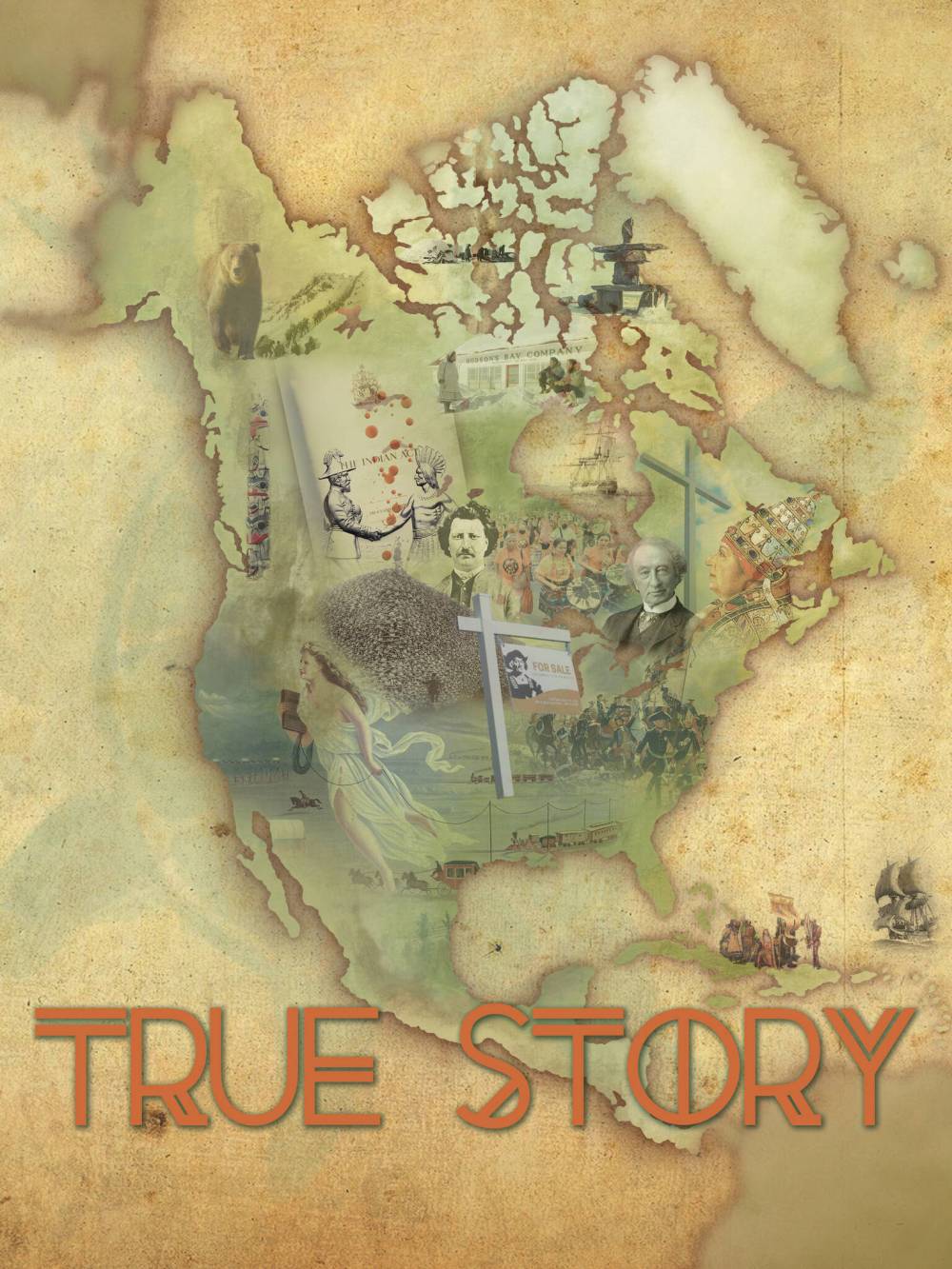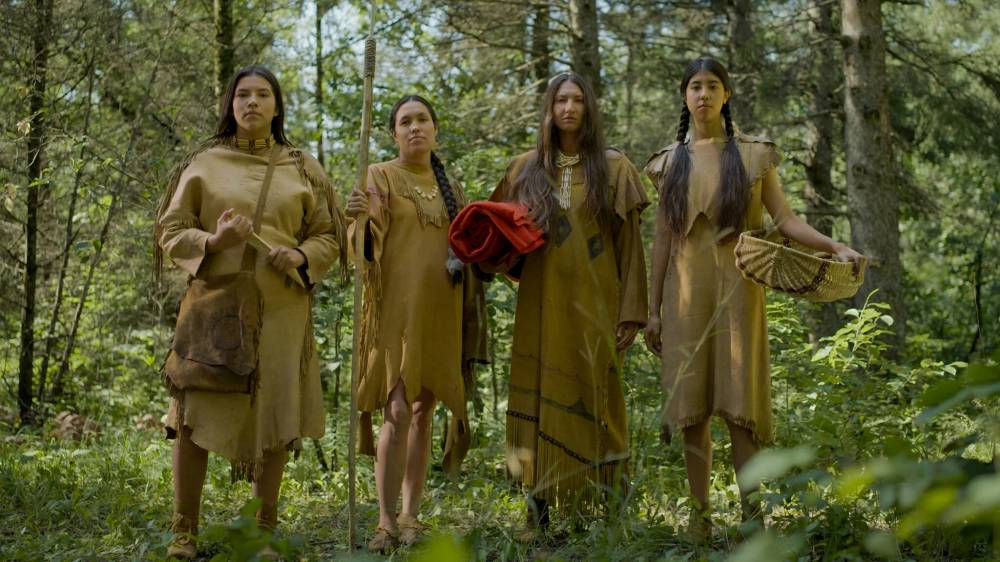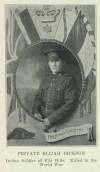Laugh and learn
Documentary injects humour into shared history of Indigenous people and settlers in Canada
Advertisement
Read this article for free:
or
Already have an account? Log in here »
To continue reading, please subscribe:
Monthly Digital Subscription
$0 for the first 4 weeks*
- Enjoy unlimited reading on winnipegfreepress.com
- Read the E-Edition, our digital replica newspaper
- Access News Break, our award-winning app
- Play interactive puzzles
*No charge for 4 weeks then price increases to the regular rate of $19.00 plus GST every four weeks. Offer available to new and qualified returning subscribers only. Cancel any time.
Monthly Digital Subscription
$4.75/week*
- Enjoy unlimited reading on winnipegfreepress.com
- Read the E-Edition, our digital replica newspaper
- Access News Break, our award-winning app
- Play interactive puzzles
*Billed as $19 plus GST every four weeks. Cancel any time.
To continue reading, please subscribe:
Add Free Press access to your Brandon Sun subscription for only an additional
$1 for the first 4 weeks*
*Your next subscription payment will increase by $1.00 and you will be charged $16.99 plus GST for four weeks. After four weeks, your payment will increase to $23.99 plus GST every four weeks.
Read unlimited articles for free today:
or
Already have an account? Log in here »
Hey there, time traveller!
This article was published 30/09/2022 (1164 days ago), so information in it may no longer be current.
Observing the spirit of Orange Shirt Day — the National Day of Truth and Reconciliation — presents a challenge as we are compelled to look at the issues that arise in facing the often tragic and brutal nexus where Indigenous people and settlers meet.
A serious question: Must we be deadly serious in our consideration?
Answering that question, the two-hour documentary True Story purposely adds a deliberate touch of impertinence to the subject, thanks in large part to Winnipeg writer-director Dinae Robinson.

History Channel
Winnipeg writer-director Dinae Robinson says humour was a very intentional feature of the project.
Creating the film under the banner of local production company Eagle Vision, the 36-year-old Anishinaabekwe filmmaker says humour was a very intentional feature of the project, which premières tonight on the History Channel.
“One of the main intentions from the get-go was to tell the stories with a cheeky humour,” says Robinson over a Zoom video call.
“Often within Indigenous groups, in friendships and relationships, there is this cheekiness and this humour that we all love to share with one another.”
Accordingly, the film has comic tweaks — for example, a real estate sign for Columbus Stolen Realty (“We’ll steal your land with a smile”). Such touches serve to balance the film’s more sombre subjects, such as residential schools and the ongoing horrors of the Catholic Church’s Doctrine of Discovery, still used as a blunt instrument to justify land theft and subjugation of Indigenous peoples.
“(A light touch) was also something that (Eagle Vision producer) Lisa Meeches was very passionate about that we presented in the film as well,” says Robinson, a member of Swan Lake First Nations.
“It does make watching and listening and learning the dark history of the relationships between Indigenous people and settlers a little bit easier to digest, and easier to watch,” Robinson asserts. “That was something we really wanted to get across. There is no sense of blame or finger-pointing or no shaming of people who would be watching.
“It might be hard for them to watch, and we’re hoping that the humour makes it easier for everyone.”
At the same time Robinson, who is also described as showrunner and creator, took pains to present a wide diversity of voices and cultures from across Canada instead of a homogenous portrait under the broad heading of “Indigenous.” That stems from Robinson’s own experience of not being able to see recognizable representations in her formative years.
“Growing up, I never really saw Indigenous people being represented in media or on television and in movies, outside of historically inaccurate depictions.

History Channel
True Story addresses the serious issue of reconciliation with a touch of cheeky humour.
“So I think that was one of the things that really drove me into film and storytelling. I would be able to tell Indigenous stories and let people to see themselves on film.
“I was very adamant that we included a diversity of Indigenous voices from all across Canada, not only to de-homogenize Indigenous people, but also to show that not all our experiences are the same. We each have different stories and different perspectives and different relationships.”
In that sense, True Story, which is narrated by Kaniehtiio Horn (Rutherford Falls), strives to give a concise, clear picture of the issues, even as it navigates how we as a country should approach the National Day of Truth and Reconciliation.
“I don’t think people fully know, and that question is asked in the film as well,” Robinson says. “Should we be celebrating? Should we be mourning? What should we be doing as a Canadian society?
“And I think this film will help answer that question,” she says. “I hope everyone takes something from this, and understands that Indigenous people and settlers are not separate. Our histories are together.”
randall.king.arts@gmail.com

In a way, Randall King was born into the entertainment beat.
Our newsroom depends on a growing audience of readers to power our journalism. If you are not a paid reader, please consider becoming a subscriber.
Our newsroom depends on its audience of readers to power our journalism. Thank you for your support.



